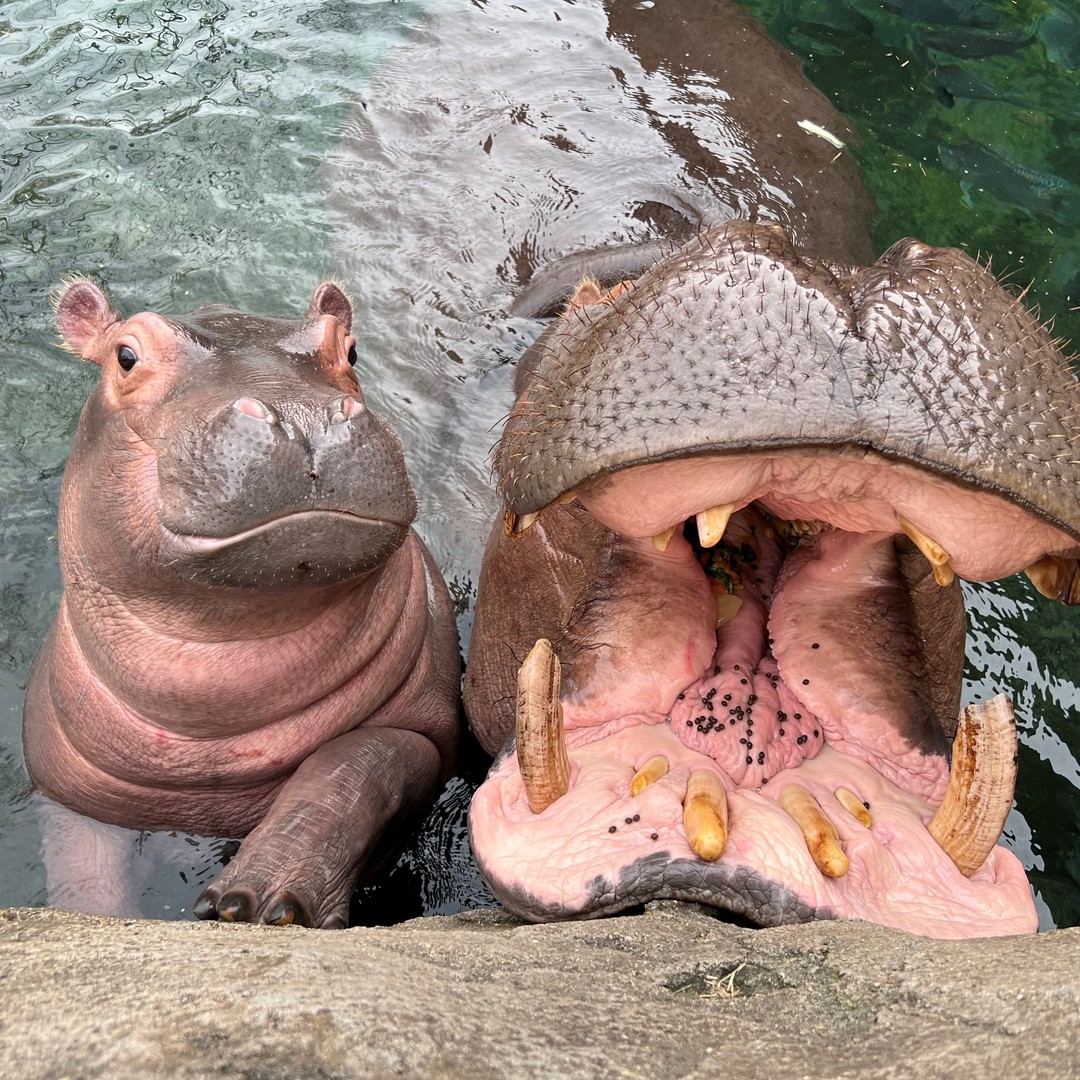Hungry Hippos: A Closer Look at Hippo Feeding Habits
Introduction
Hippos, or Hippopotamus amphibius, are large, semi-aquatic mammals native to Africa. Despite their hefty size and reputation as one of the most dangerous animals in Africa, hippos are herbivores, primarily consuming grass and other vegetation. In this blog post, we will delve deeper into the fascinating feeding habits of hippos and explore how these gentle giants sustain their massive bodies.
Grazing Giants: Hippos on Land
While hippos spend much of their day submerged in water to stay cool and protect their sensitive skin from the sun, they venture onto land at night to forage. They use their strong, wide-set teeth to clip the grass close to the ground, and their muscular lips help to pull the vegetation into their mouths. Hippos typically graze within a few kilometers of their watery homes, consuming around 80-100 pounds of grass each night.
Feeding Time: The Importance of Nighttime Grazing
Hippos are nocturnal grazers, feeding primarily from dusk until dawn. This nighttime feeding behavior helps them avoid the heat of the African sun and conserve energy. Additionally, grazing in the dark provides some protection from predators, as their massive size and poor eyesight make them vulnerable targets.
Efficient Digestion: A Slow Process
Hippos have a multi-chambered stomach that allows for the efficient digestion of their fibrous plant-based diet. While they do not ruminate like cows, their complex stomachs contain bacteria that help break down cellulose, extracting the nutrients they need from their food. This process can take up to three days, contributing to the slow digestion characteristic of hippos.
Water Dining: A Rare Occurrence
Though hippos are known for their aquatic lifestyle, they rarely eat while in the water. Instead, they consume most of their food on land. Occasionally, hippos may consume aquatic plants, fruits, or vegetables that have fallen into the water. However, this is not a significant part of their diet.
Hippos and Ecosystem Health: A Vital Connection
The grazing habits of hippos play a crucial role in maintaining the health of their ecosystem. By feeding on grass and other vegetation, hippos help to prevent overgrowth and promote new growth in their habitats. Their grazing activities can also create pathways for other animals, making accessing food and water resources easier.
Conclusion: Understanding the Hippo’s Diet
Hippos are unique animals with fascinating feeding habits perfectly suited to their semi-aquatic lifestyle. By better understanding these gentle giants’ dietary preferences and behaviors, we can appreciate their essential role in maintaining the health of their ecosystems. As we continue to study and learn about hippos, we can work towards ensuring their survival and protecting the habitats they call home.


